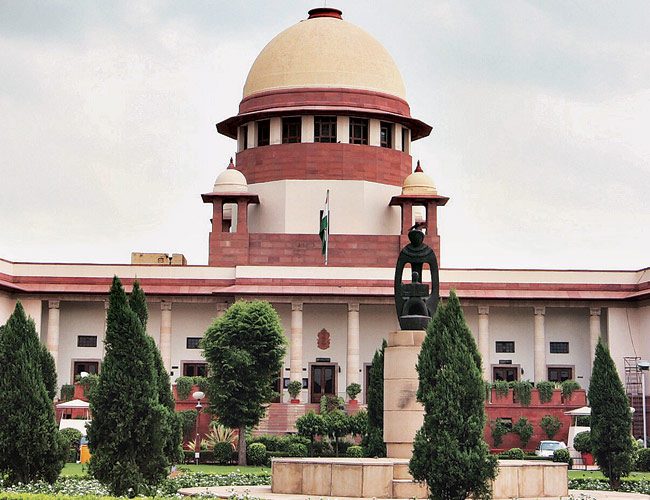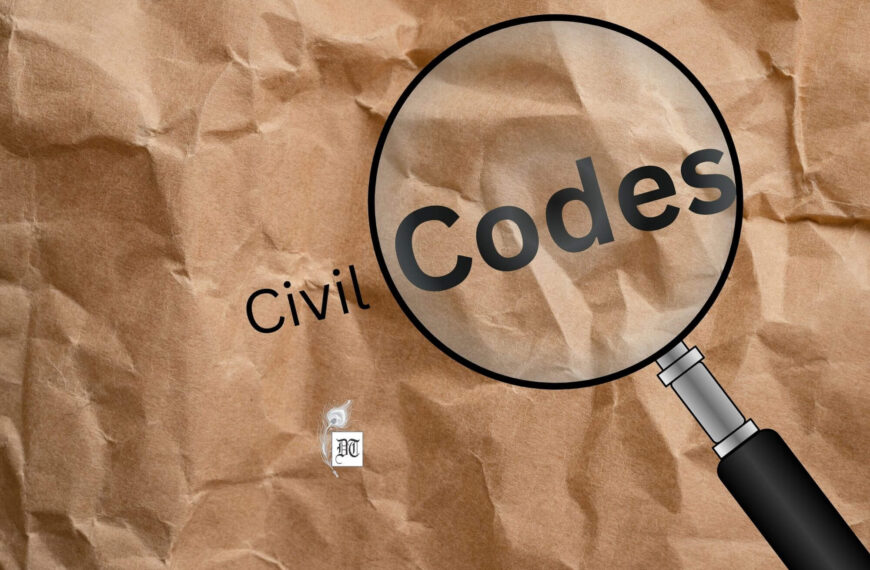On 22nd May 2018, thirteen protestors were gunned down in cold blood by the Tamil Nadu police, when they were protesting against the Sterlite Copper plant, a unit of Vedanta Limited, at Thoothikudi, Tamil Nadu, and demanding its closure, owing to the plant polluting the entire area. It was on the occasion of the 100th day of peaceful protests that the grotesque police firing happened on the peaceful protestors, which left 13 persons dead and more than 65 persons injured. Here’s a report, for Different Truths.
Last week witnessed the violent face of the state machinery that is often reserved for the disturbed or conflict-ridden areas like Chattisgarh, Assam, North-Eastern States or even Jammu and Kashmir. On 22nd May 2018, thirteen protestors were gunned down in cold blood by the Tamil Nadu police, when they were protesting against the Sterlite Copper plant, a unit of Vedanta Limited, at Thoothikudi, Tamil Nadu, and demanding its closure, owing to the plant polluting the entire area. It was on the occasion of the 100th day of peaceful protests that the grotesque police firing happened on the peaceful protestors, which left 13 persons dead and more than 65 persons injured.
The local residents had been protesting against the Sterlite Copper plant for almost a decade, for violating almost all environmental and anti-pollution norms. It had been ordered to be closed many times by the Madras High Court, for not following the laws. Incidents of cancer, throat and eye infections rose considerably in the area, since 1998 when the plant was first set up. The situation became so bad that in 2013, the Supreme Court directed Sterlite Copper to pay Rs. 100 crore as fine, for causing vast damage to the water and land resources in the area, owing to a gas leak. Despite strictures from several courts, Sterlite failed to follow either environmental regulations or brought down its polluting effluents. In March 2018, reports appeared that the plant was to be expanded, which finally led the local residents to protest again demanding a halt on the expansion, as well the closure of the plant.
After the police killings of the protestors, the Tamil Nadu government has appointed a one person committee under the aegis of Justice Aruna Jagadeesan to conduct an enquiry. Meanwhile, Supreme Court lawyer G.S. Mani filed a petition in the Supreme Court for the registration of FIR against the Tuticorin SP and other police officials, and sought a CBI probe into the whole case, as the police will not be unbiased in the issue. He further sought that the internet services of the area be restored as they had been suspended after the incident. It called the Committee appointed by the Government as an eye-wash and sought a compensation of ₹10 lakh for the families of the deceased. [G.S. Mani v Government of Tamil Nadu, Writ Petition (Criminal) No. 20674 of 2018].
At the same time, the Madras High Court has stayed the expansion of the plant, till a mandatory public hearing is conducted. The Court granted the authorities 4 months to decide the issue. [Writ Miscellaneous Petition No. 10254 of 2018, date of order: 23.05.2018] Another petition for an independent probe was filed by a Delhi lawyer for an independent probe into the killings. The Delhi High Court referred the issue to the National Human Rights Commission. The lawyer will have to make a representation before the NHRC on 29 May. He had earlier petitioned to the body on 23 May, but the Commission took no avail and so he had to move the High Court. The NHRC has taken cognisance of the matter. [A. Rajarajan v Chairperson and Members. National Human Rights Commission, Writ Petition (Civil) No. 5779 of 2018, date of order: 25.05.2018] Latest reports suggest that the Tamil Nadu Government had ordered the permanent closure of the plant, in light of the outcry against police firing.
Though many court developments have taken place in the last few days, the issue remains that regulators have failed to do their job, and the Courts have also not made Sterlite accountable for its violations. The history of Sterlite Copper plant in Thoothikudi is, in fact, the history of blatant non-compliance with the environmental regulations as well as the government undermining its own environmental regime to allow polluting industries like Sterlite to flourish, in complete negation of the right to clean environment of local residents. It is also evident that companies like Vedanta have shown contempt for both environmental norms as well as court directions and take pride in flouting them openly. And in the name of ‘ease of doing business’, the current political regime actually encourages such open violations by first diluting the strict environmental regulations, and by overlooking the companies egregious actions as well as by making the regulatory authorities toothless.
Unless the government takes environmental concerns seriously, and implements the law, instead of diluting it, there is little hope that polluting behemoths like Vedanta will change their practices, or even bother to make any attempt. What to say of the State that kills its own people for demanding clean air and clean water, while actively working in favour of business interests? At the same time, protestors at Thoothikudi have shown that land and local environment have to be protected at all cost, sometimes with one’s life.
Amritananda Chakravorty
©IPA Service
Photo from the Internet





 By
By
 By
By
